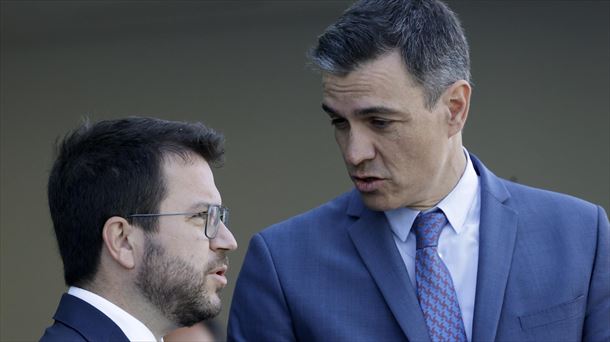As after every election, the question arises why in Styria. Foresight/ISA’s election research on behalf of ORF shows: Drexler was a voting motive for very few ÖVP voters; instead, 38 percent of Styrians see a negative development in the past five years.
Why did voters choose each party? One thing is certain: the mood among voters is bad. 38 percent of respondents indicate that Styria has developed negatively over the past five years. That may have helped the FPÖ. The analysis shows that the ÖVP has the most permanent voters (23 percent). Christopher Drexler was only a voting motive for 6 percent – in 2019 Hermann Schützenhöfer was the decisive factor for 21 percent of ÖVP voters.
There was anger among FPÖ voters
The researchers wanted to know what voters think about the federal coalition negotiations: only 26 percent have confidence in them, but about a third are angry and concerned. Anger reigns, especially among FPÖ voters, at 66 percent.
Topics that concerned people were inflation as well as health and care; for the elderly, health came first, while for people under 34, inflation dominated at 34 percent. Immigration was the most discussed topic among FPÖ voters, with 67 percent talking about it very often. More than half of FPÖ voters said they had to limit themselves financially because of rising prices.
Statistically, the FPÖ owes its election victory mainly to men (39%) and people between the ages of 35 and 59 (47%), especially those without a high school diploma. The ÖVP managed to score points among voters over 60 years old (39%). The Greens, Neos and KPÖ achieve the best results among women up to 44 years old, with ten and eleven percent each. The opinions of FPÖ voters on the question of which parties should be represented in the next government are particularly exciting: 47 percent want the ÖVP as a partner, 31 percent want the SPÖ.
Source: Krone
I am Ida Scott, a journalist and content author with a passion for uncovering the truth. I have been writing professionally for Today Times Live since 2020 and specialize in political news. My career began when I was just 17; I had already developed a knack for research and an eye for detail which made me stand out from my peers.


